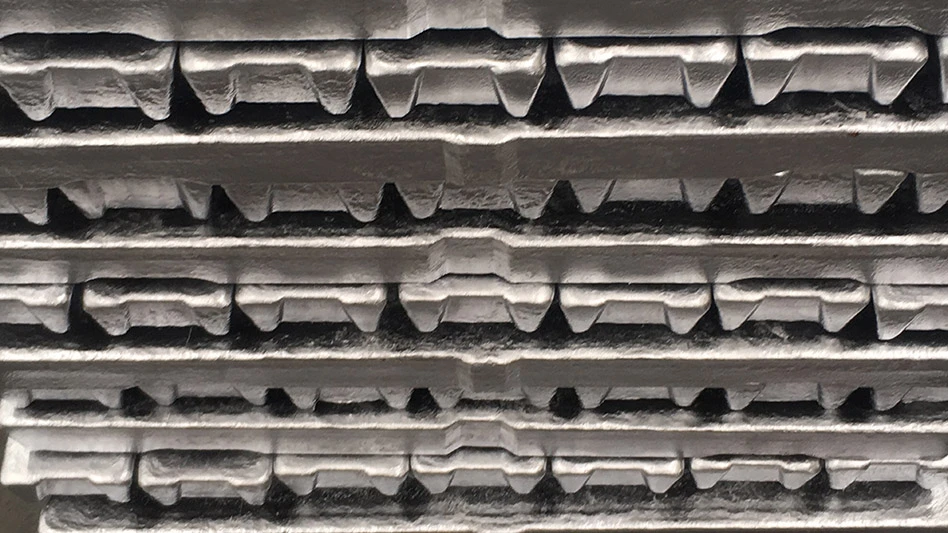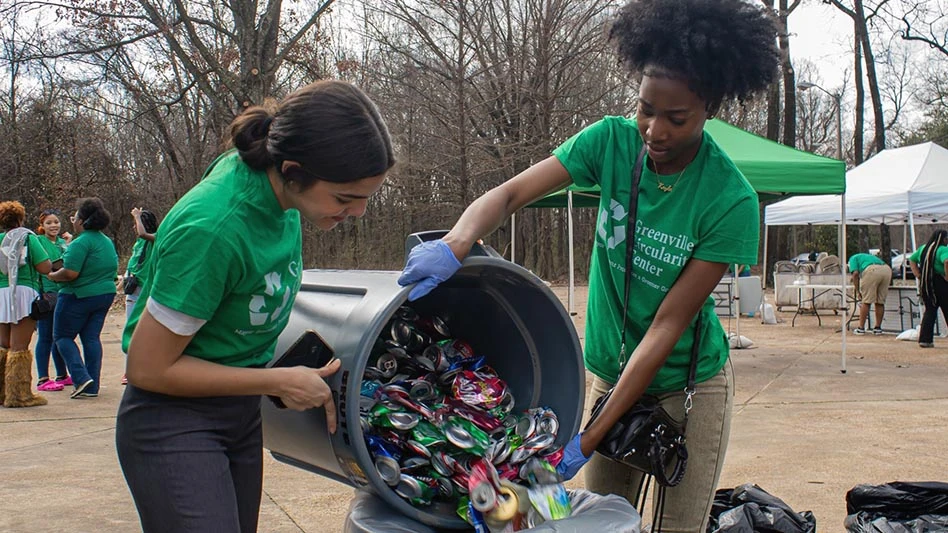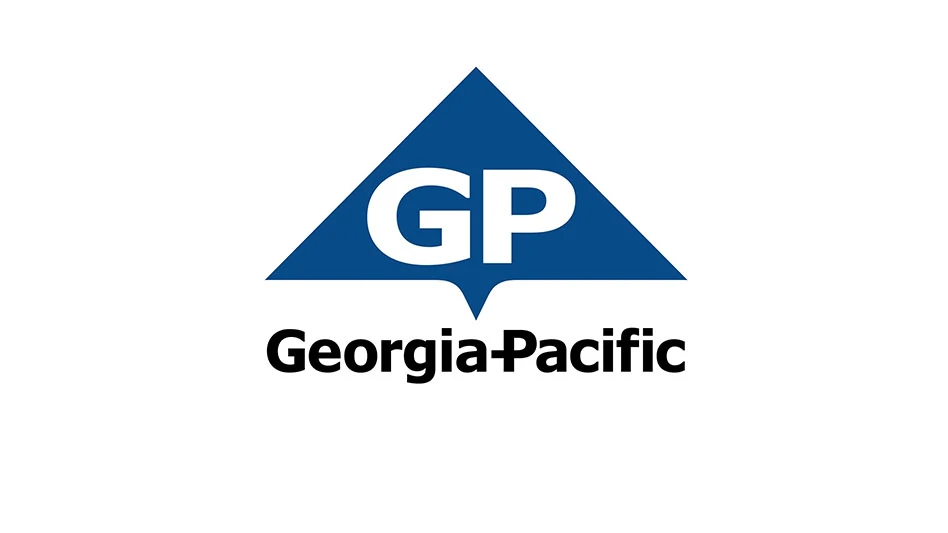As July transitioned into August, markets for some secondary plastics could best be described as stable, though one material recovery facility (MRF) operator in the Midwest says he knows better than to assume that will continue going forward. “One thing for sure in this industry is change, so I don’t look for this stability to stay very long,” he says.
The MRF operator describes domestic demand for postconsumer natural HDPE (high-density polyethylene) as “OK.” He adds, “Prices seem to be middle of the road when it comes to historic values.”
Demand for colored HDPE is soft, the MRF operator says, leading prices to decline recently.
“PET (polyethylene terephthalate) demand is flat to soft, with prices holding very steady as compared to what we have been seeing over the past couple of years for that grade.”
Commingled bottles Nos. 1 through 7 are challenging to move presently, he says. “Pricing is much lower than the market for HDPE and PET would normally dictate. This is due to a glut of material on the market that was previously being exported,” the MRF operator adds.

He characterizes postindustrial generation as flat. “We have noticed that our source customers tend to be looking deeper into their waste stream to come up with ways of not creating the waste as opposed to simply recycling. To me this signifies the weakness of the overall U.S. economy. Businesses see recycling as wasted resources [and] in many cases companies are doing more to eliminate waste and increase efficiencies.”
Regarding export markets, the MRF operator says China’s enforcement of its scrap import regulations still is presenting challenges to recyclers in the United States. “[Operation] Green Fence is still very much a hindrance on exporting plastics, but materials are moving,” he says. “LDPE (low-density polyethylene) is still very much in demand.
“Postconsumer grades like commingled bottles and grocery bags are impossible to export right now,” the MRF operator adds.
Getting delivery of containers for overseas shipments may prove challenging for recyclers in the Midwest. As of late July, the MRF operator describes container availability as inconsistent, adding that it is “very tight” out of Chicago. “One day we may be able to fill all of our bookings; the next day, there may be no containers. The inconsistency is what makes it difficult.”

Explore the September 2013 Issue
Check out more from this issue and find your next story to read.
Latest from Recycling Today
- OnePlanet Solar Recycling closes $7M seed financing round
- AMCS launches AMCS Platform Spring 2025 update
- Cyclic Materials to build rare earth recycling facility in Mesa, Arizona
- Ecobat’s Seculene product earns recognition for flame-retardant properties
- IWS’ newest MRF is part of its broader strategy to modernize waste management infrastructure
- PCA reports profitable Q1
- British Steel mill subject of UK government intervention
- NRC seeks speakers for October event





